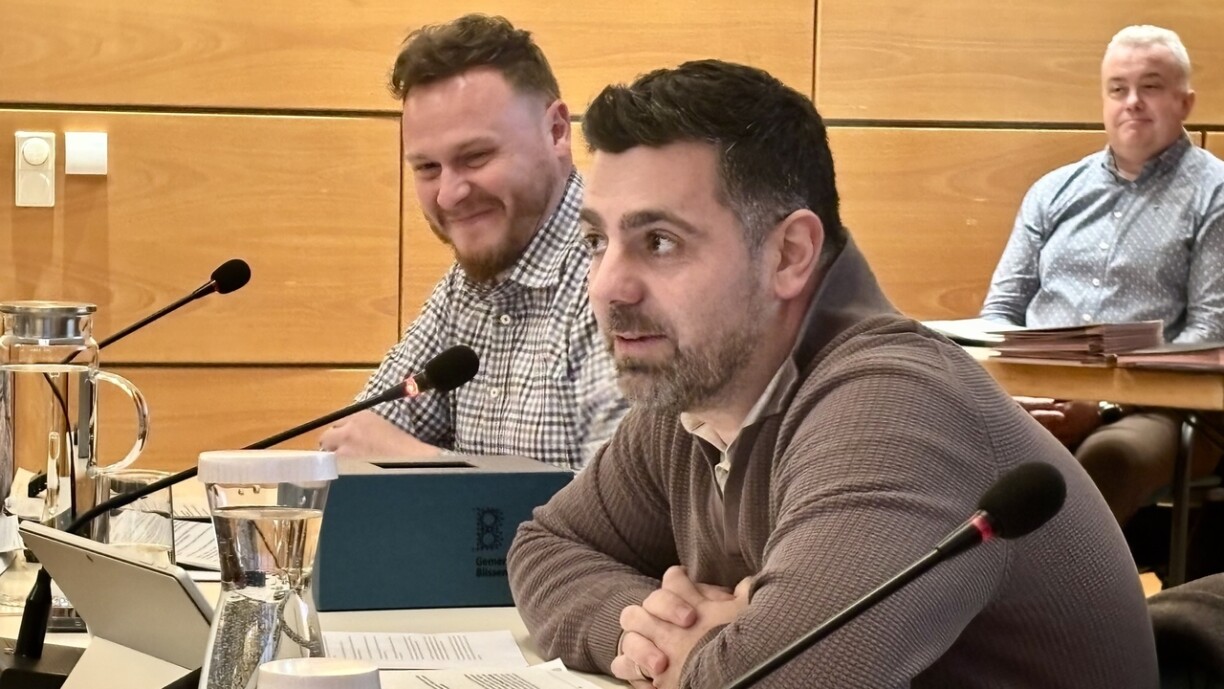
The council approved the implementation agreement for the Special Development Plan (PAP) and the associated implementation project, with the majority of councillors voting in favour. Seven councillors supported the measures, two abstained, and one member of the opposition Christian Social People’s Party (CSV) voted against. With this decision, the PAP process is now complete.
However, Google has yet to apply for a construction permit.
Despite this, Mayor David Viaggi remains optimistic that the tech giant will eventually move forward with the project, though he acknowledged that the timing remains unclear. Viaggi expressed satisfaction with the approval of the implementation agreement, which was signed between the municipality and Google.
The implementation agreement for the PAP outlines the development of infrastructure, roads, and pathways – structures to be built by Google and later transferred to the municipality at no cost. Meanwhile, the implementation project addresses a large track that crosses the proposed site. The municipality plans to relocate this path, with Google covering the reconstruction costs. Once completed, the track will be handed over to the municipality.
Under PAP guidelines, it is standard practice for developers to allocate 25% of the plot to the municipality. In this case, the track accounts for only 2.2% of the land, prompting Google to compensate the municipality with a payment of €13.5 million. Mayor Viaggi emphasised that this sum is not a “gift” but rather covers the costs of essential infrastructure, such as water drainage systems and piping.
The agreement also addresses the issue of water consumption, a topic that has sparked significant debate in recent years. It sets a maximum water consumption limit of 8.64 cubic metres during the construction phase, with a daily average of 51 cubic metres. Once operational, the administrative building will have an hourly water consumption limit of 6.50 cubic metres and a daily average of 11 cubic metres.
The opposition member from the CSV voted against the agreement. Councillor Christian Hoscheid expressed concerns, stating that he would have preferred a dedicated work session to discuss the complex details of the project. Hoscheid highlighted that he still has numerous questions and comments for Mayor Viaggi.
One of Hoscheid’s key concerns is the municipality’s decision to take on the responsibility of building a new track within 18 months. He pointed out that the law places the burden of such changes on the project initiator, who is then required to hand over the completed infrastructure to the municipality. Hoscheid questioned the municipal executive’s reasoning that handling the construction themselves would ensure the track meets their specifications. He argued that this approach raises doubts about the level of trust in the project initiator and whether such a major project should proceed under these circumstances.
Nevertheless, the municipality is moving forward with the track’s construction, with the costs to be billed to Google. The €13.5 million compensation will be transferred to the municipality’s account in two instalments by the end of the year. If the project is still pending in two years, the agreement will expire and the municipality will be allowed to keep the money.